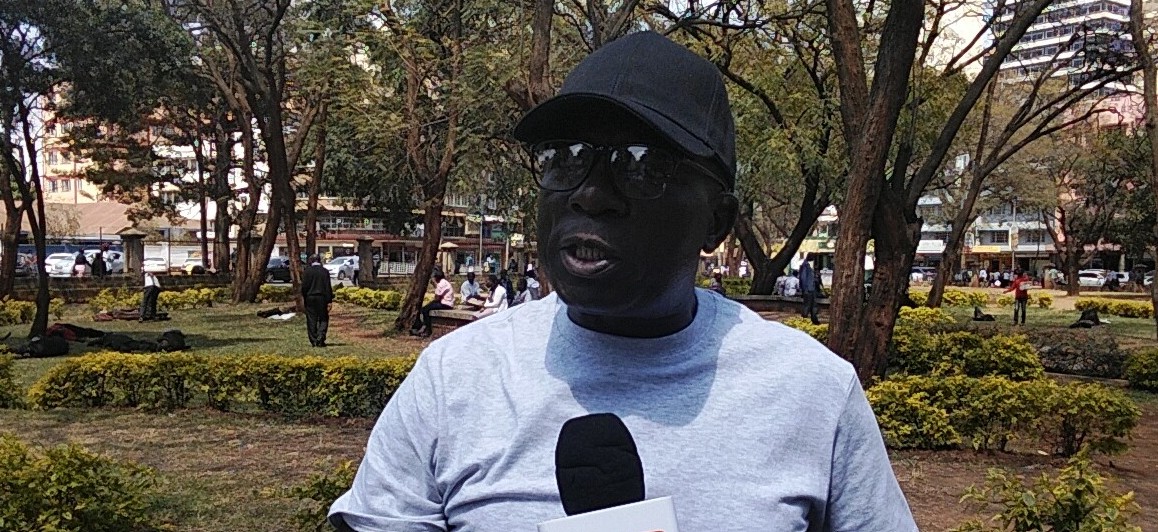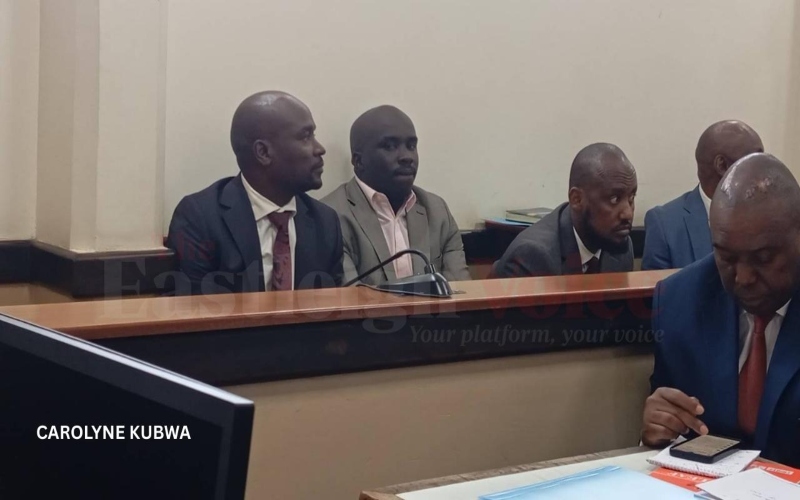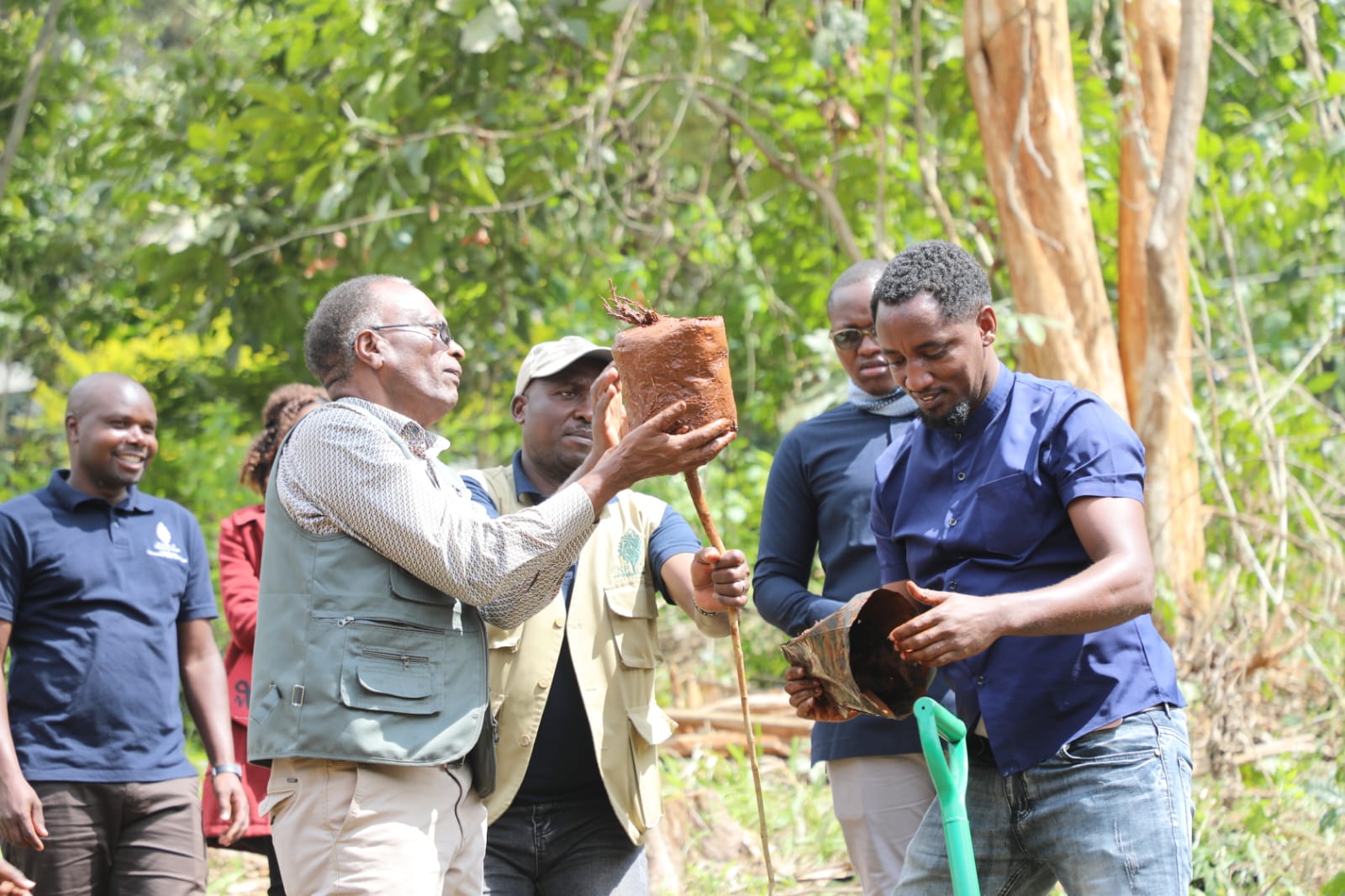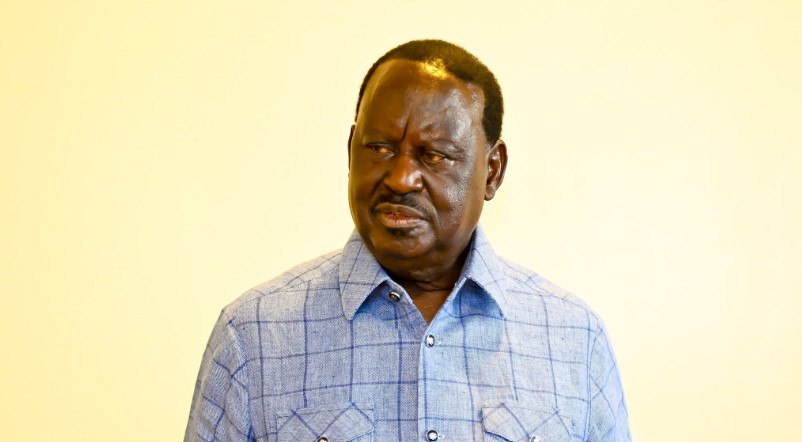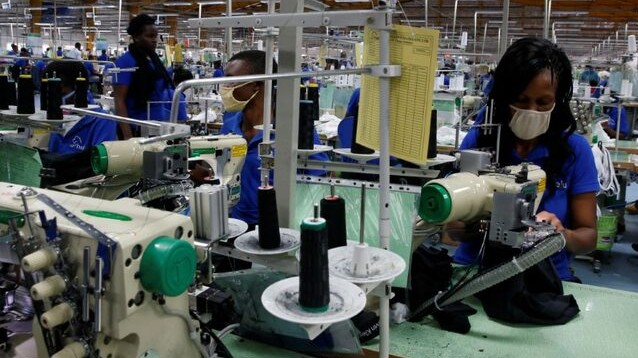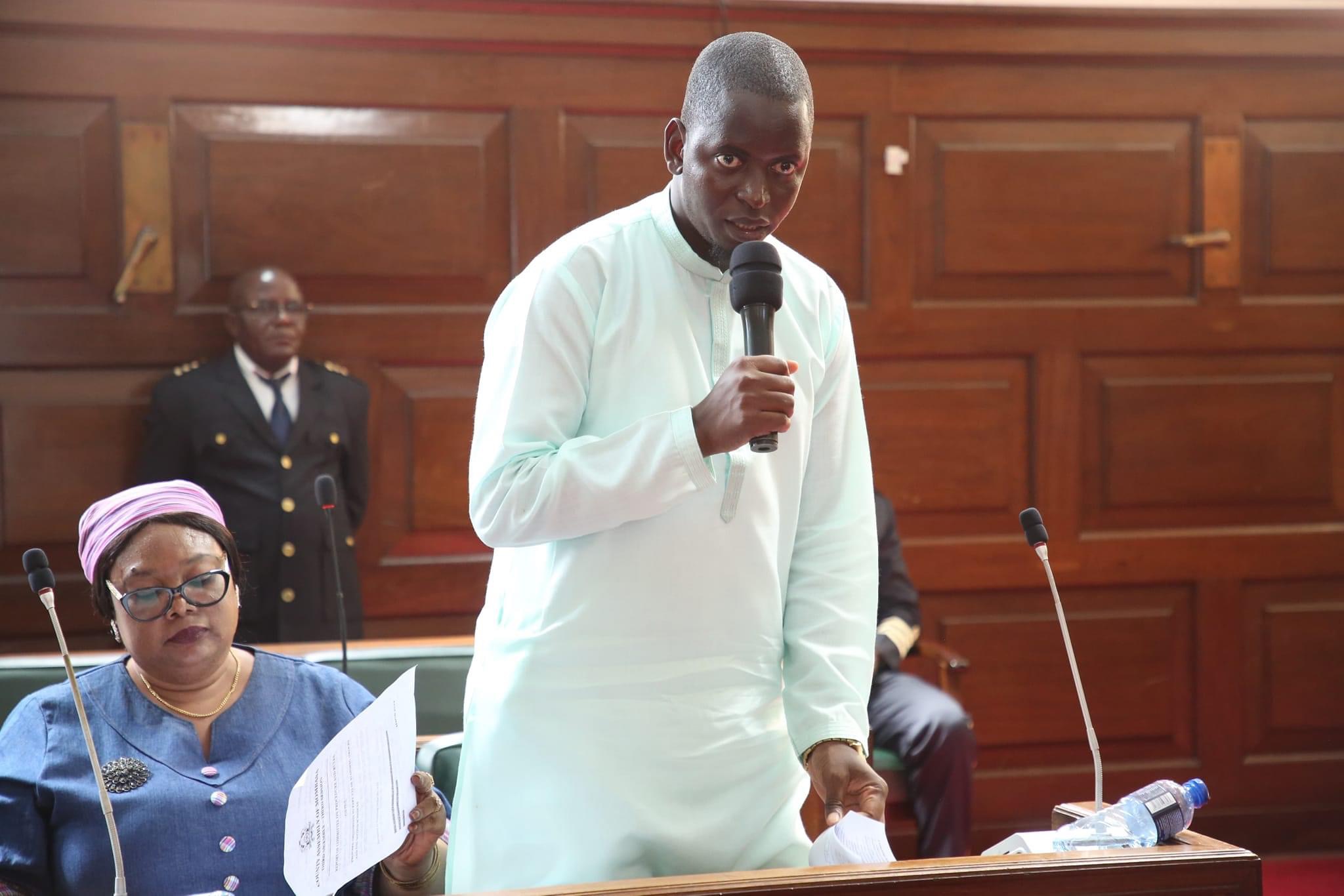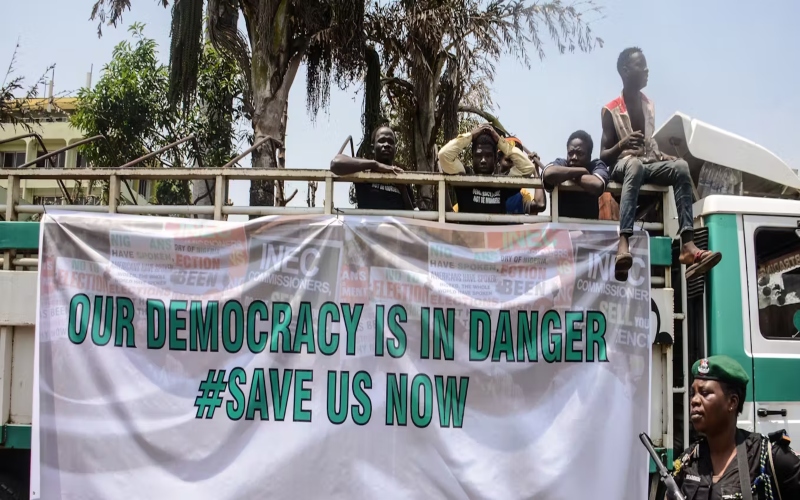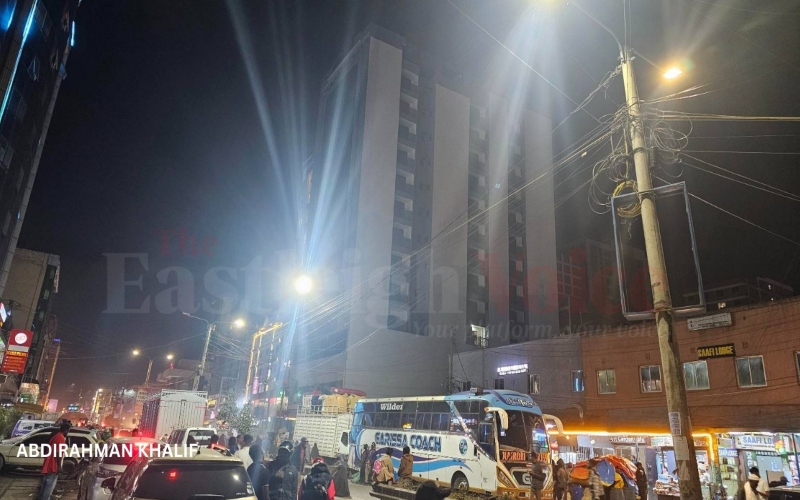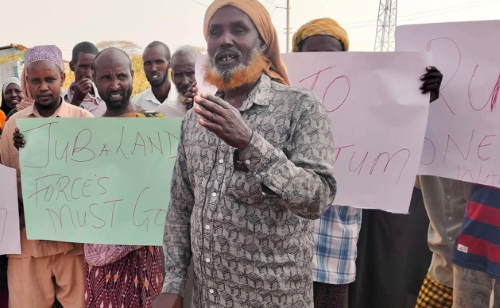Kenya not legislatively fully ready to handle domestic violence, femicide – Report

Women in Kenya continue to face significant risks to their safety and well-being, contributing to a growing crisis in the country, the World Bank report says.
Gender-based violence (GBV) continues to thrive in Kenya with alarming rates of cases affecting especially women across the country.
Despite efforts to address these issues, a report by the World Bank titled “Women’s safety” has revealed that the country is not legislatively fully fit to handle the vice, as the state still lacks comprehensive legislation to combat some forms of GBV.
More To Read
- UN report: Gains in ending FGM at risk unless Kenya scales up action
- Kwale moves to operationalise GBV Act with new policy framework
- Githunguri MP Gathoni Wamuchomba protests suspension, backs femicide victims
- BBC responds to Murkomen’s allegations over Mai Mahiu documentary
- CS Murkomen raises alarm over rising gender-based violence in Rift Valley
- Women governors demand probe into child exploitation in Maai Mahiu
The report’s indicator measures legal frameworks across different countries addressing the four forms of violence against women that have significant impacts on their economic empowerment. These are child marriage, sexual harassment, domestic violence and femicide.
The report notes that Kenya has somewhat comprehensive laws to tackle only child marriage and sexual harassment.
It however says the country’s laws on domestic violence and femicide are not comprehensive, a situation that has allowed these vices to thrive.
It explains that the absence of clear and robust laws against the two GBV forms leaves many survivors without adequate legal protection, making it difficult to break the cycle of abuse.
Growing crisis
As a result, women continue to face significant risks to their safety and well-being, contributing to a growing crisis in the country, it says.
Domestic violence occurs in private, within the family or household, and in interpersonal relationships.
Its most common form is intimate partner violence (IPV), which includes physical, sexual, psychological and economic abuse.
Globally, the report says more than 640 million women aged 15 and older have been subjected to IPV.
“Domestic violence has serious health consequences and affects women’s productivity, salary and career advancement. Its economic costs are estimated at five per cent of global gross domestic product,” the report says.
On the other hand, femicide refers to the intentional killing of a woman with a gender-related motivation.
In 2023, the World Bank says around 51,100 women and girls worldwide were killed by their intimate partners or other family members.
In Kenya, the numbers are staggering as highlighted by Deputy Inspector General of Police Eliud Lagat, who recently said 97 femicide cases were recorded in three weeks to the end of October 2024. This means that roughly, one woman was killed every day in the period.
At the Nairobi Women's Hospital's gender violence recovery centres, the situation is equally grim, with approximately 4,000 GBV cases reported monthly.
On the right track
In summary, considering the safety legal framework score, the World Bank rates the country at 50, above the global average of 38, suggesting that the country is somewhat on the right track.
On whether there are special procedures in place for cases of sexual harassment, the World Bank marks Kenya among the states that do not have such procedures in place.
It reckons that special courts or procedures for cases of violence against women provide a more efficient, timelier handling of cases thanks to specific competencies or gender sensitivities, thus reducing case backlog and high costs for the complainant.
“Special procedures for cases of sexual harassment in employment, education and cyber-harassment can include fast-track procedures, the existence of government entities in charge of receiving complaints of sexual harassment and referring them to courts, or protection orders for the removal of harassing online material from the internet.”
The country is also marked among the states that do not have a government entity responsible for monitoring and implementing national services, plans and programs addressing violence against women.
Top Stories Today
